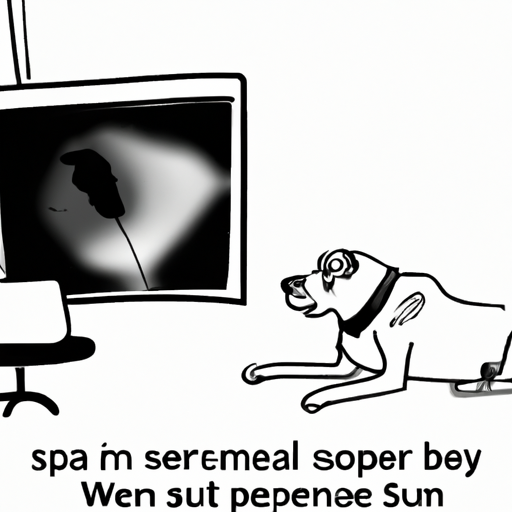As a caregiver, understanding the signs and symptoms of spleen cancer in your furry friend can help you act promptly. This piece aims to guide you through the common indicators of spleen cancer in dogs.
1. Understanding Spleen Cancer in Dogs
Spleen cancer, scientifically known as hemangiosarcoma, is a common form of cancer in dogs. In most cases, it progresses silently, making it challenging to detect in its early stages. It’s crucial to understand the signs and symptoms, as early detection can potentially increase survival rates.
2. Recognizing the Symptoms
Below are the key symptoms you should look out for:
- Loss of Appetite: Dogs with spleen cancer may lose interest in food.
- Lethargy: If your dog is unusually tired or inactive, it might be a symptom.
- Weakness: Your dog may display an overall weakness.
- Abdominal Swelling: This occurs due to an enlarged spleen.
- Pale Gums: This could indicate internal bleeding, which is a serious symptom of spleen cancer.
It’s important to note that these symptoms may also be indicative of other health issues. Therefore, if your dog exhibits any of these, seek professional veterinary advice immediately.
3. Risk Factors and Prevalence
Certain breeds seem to be at a higher risk of developing spleen cancer. These include German Shepherds, Golden Retrievers, and Labrador Retrievers. However, any breed can be affected. Spleen cancer is more common in older dogs, typically those aged eight or above.
4. Diagnosing Spleen Cancer
Diagnosis usually involves a series of tests, including blood tests, ultrasound, and X-rays. A definitive diagnosis can often only be made via a biopsy of the spleen tissue.
| Test Type | Purpose |
|---|---|
| Blood Tests | Detect anomalies in blood cell counts or chemistry |
| Ultrasound | Examine the size and shape of the spleen |
| X-rays | Identify any spread of the cancer |
| Biopsy | Confirm diagnosis |
5. Treatment Options
Treatment options depend on the stage and progression of the cancer. They may include surgery to remove the spleen, chemotherapy, and supportive care to manage symptoms. It’s important to discuss these options with your vet to determine the best course of action for your pet.
Frequently Asked Questions (FAQ)
1. Can spleen cancer in dogs be cured?
While there’s currently no cure for spleen cancer, treatment can help manage the symptoms and improve the quality of life.
2. How long can a dog live with spleen cancer?
This varies based on the stage of the cancer and the treatment plan. Some dogs may live for several months or even years with proper care.
3. What is the survival rate of dogs with spleen cancer?
Unfortunately, the survival rate is low, with most dogs surviving less than a year post-diagnosis. However, every dog is different, and survival rates can vary.
4. Is spleen removal dangerous for dogs?
Any surgery carries risks. However, spleen removal, known as a splenectomy, is a common procedure and can lead to a significant improvement in your dog’s quality of life.
5. Can a dog live without a spleen?
Yes, dogs can live without a spleen. The liver and lymphatic system can take over most of the spleen’s functions.



